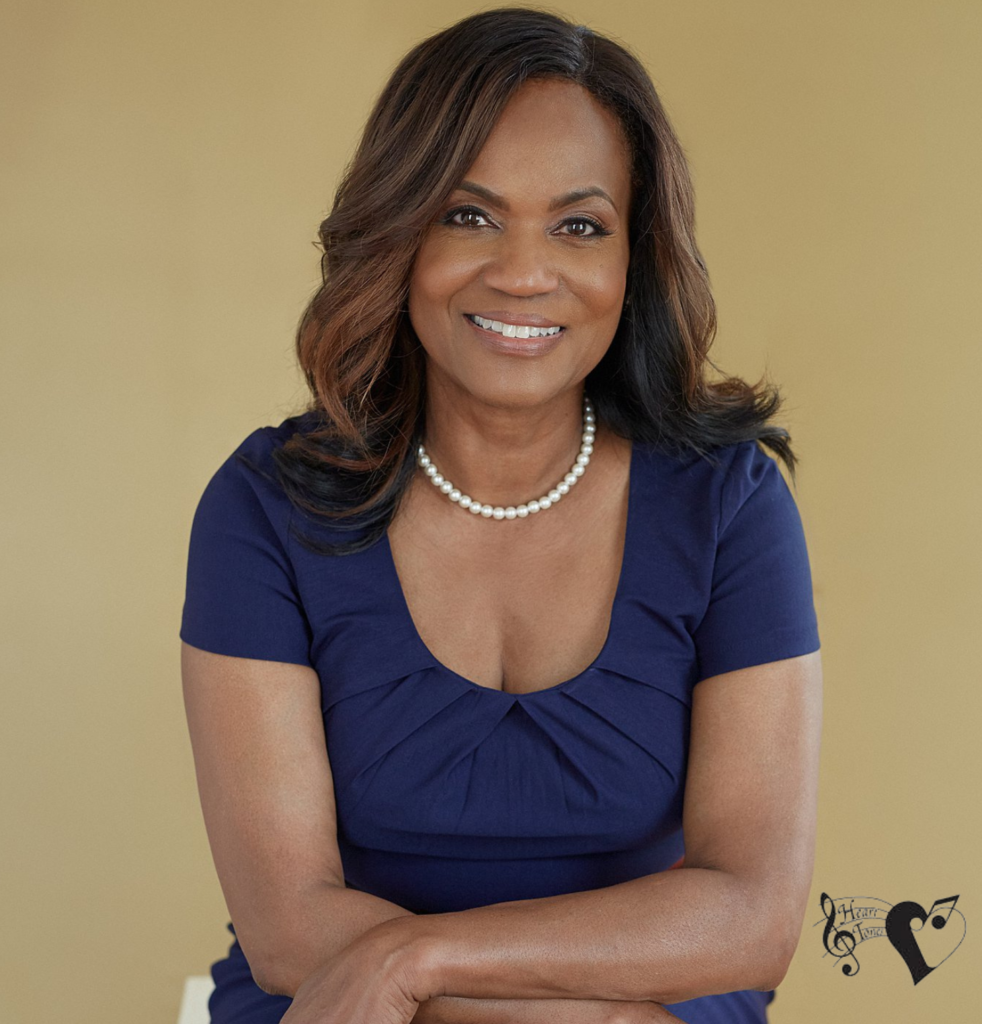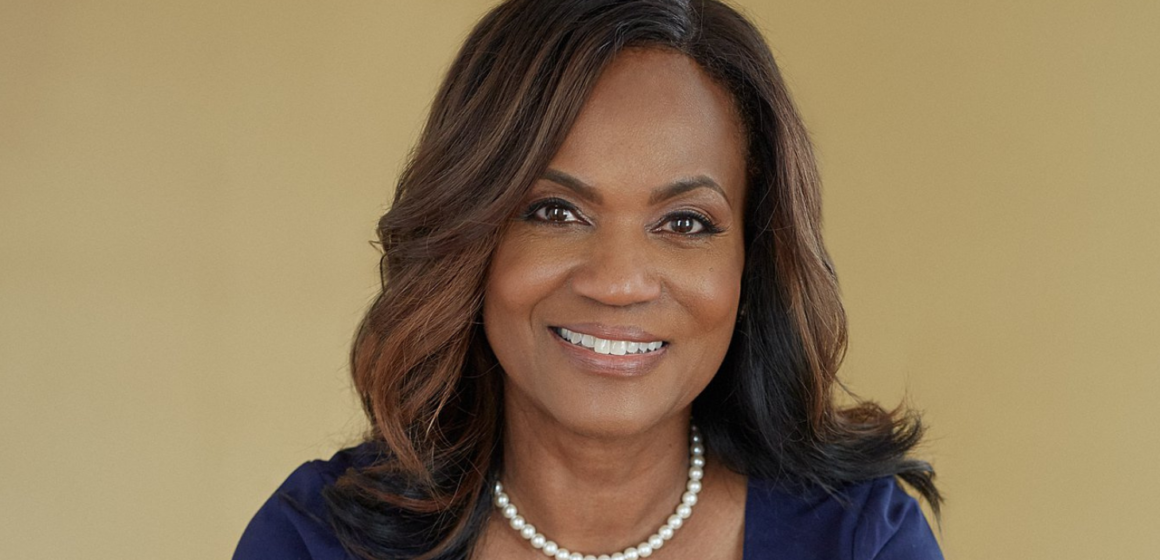
Research indicates that African Americans have less access to palliative care, and many do not choose hospice in end-of-life situations. Actually, Black Americans are the most likely ethnic group in the US to select life support over palliative care and hospice.
This is one reason why Advance Care Planning (ACP) expert, Dr. Gloria Thomas Anderson, is urging a major push for Black Americans to prepare advance healthcare documents, especially this month—in recognition of National Minority Health Month (NMHM). As the COVID-19 vaccines are made more available and citizens get #vaccineready (this year’s NMHM theme), it is important to bring proper attention to this matter.
“We would like to see people having conversations about end-of-life care plans and emergency healthcare planning. The role of advance care planning, or ACP, is important for all ethnic groups, but particularly for people of color who have experienced grave disparities in healthcare throughout history,” says Dr. Anderson.
In Dr. Anderson’s view, historical distrust of the US healthcare system has caused complications between various African-American communities in the US and the healthcare communities that serve them at the end of life. The percentage of Black usage of hospice and palliative care has consistently been around 8% for decades vs white usage at 80% or more.

According to a 2020 report by NPR, about one in three Americans who become sick enough and needed to be hospitalized because of COVID-19 were Black. Yet, African Americans are considerably less likely to take part in informal or formal ACP. Many Black people simply aren’t aware of their end-of-life healthcare options until or unless presented with them in emergency situations when pressure is high and time is of the essence. Circumstances like this can create tension and rush judgment calls, often leading to disagreements among family members and medical decisions being made without input from the patient, who may be unable to speak for themselves.
Dr. Anderson’s goal is to encourage as many African Americans as possible to learn about their healthcare options and make advance care plans this month.
“What would your healthcare wishes be if you were no longer able to speak for yourself due to a life-threatening illness or accident? And who would know your wishes? When I was growing up, we called this ‘getting your house in order’… It’s important to talk about it, and to get your paperwork in order while you can—before you have a need,” she asks.


